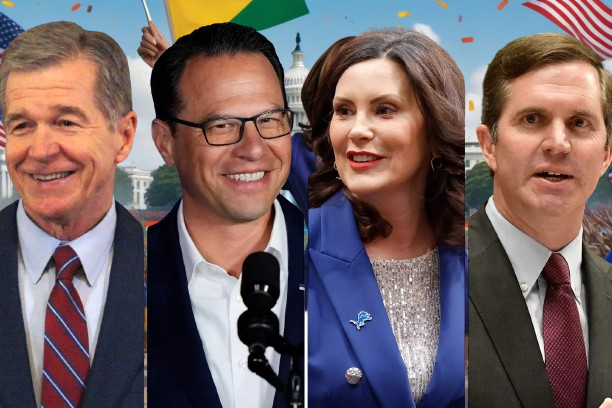Basil Odilim
People often overlook the importance of vice-presidential candidates. A historic example is George H. Bush Sr., whose presence on Ronald Reagan’s ticket in 1980 played a crucial role in their victory over Jimmy Carter. Reagan’s win was partly due to Bush’s experience and connections, which helped secure crucial support and credibility.
Another example is Lyndon B. Johnson, who was chosen as John F. Kennedy’s running mate in 1960. Johnson’s strong political influence in the South helped secure key votes that were pivotal to Kennedy’s narrow win.
In 2000, Dick Cheney’s extensive experience and political connections were seen as vital in complementing George W. Bush’s candidacy, helping to bolster Bush’s credentials and appeal to a broader electorate.
In 2008, Joe Biden was chosen as Barack Obama’s running mate due to his foreign policy expertise and extensive legislative experience, which helped balance the ticket and reassure voters concerned about Obama’s relative inexperience.
In 2020, Kamala Harris played a significant role in Joe Biden’s victory. Her diverse background, prosecutorial experience, and dynamic presence helped energize the Democratic base and attract a wide range of voters. Harris’s ability to connect with minority communities and her strong debate performance against then-Vice President Mike Pence further solidified her importance to the ticket.
These examples highlight how vice presidential candidates can significantly influence the outcome of an election by bringing balance, experience, and strategic electoral advantages to a presidential ticket. For these reasons, I’m in support of Gov. Josh Shapiro.
Furthermore, I believe Gov. Josh Shapiro should be given the full responsibility for resolving the decades-long Israeli-Palestinian conflict. This is crucial given the emerging global geopolitics, and his leadership could bring a fresh perspective and new momentum to this critical issue.


